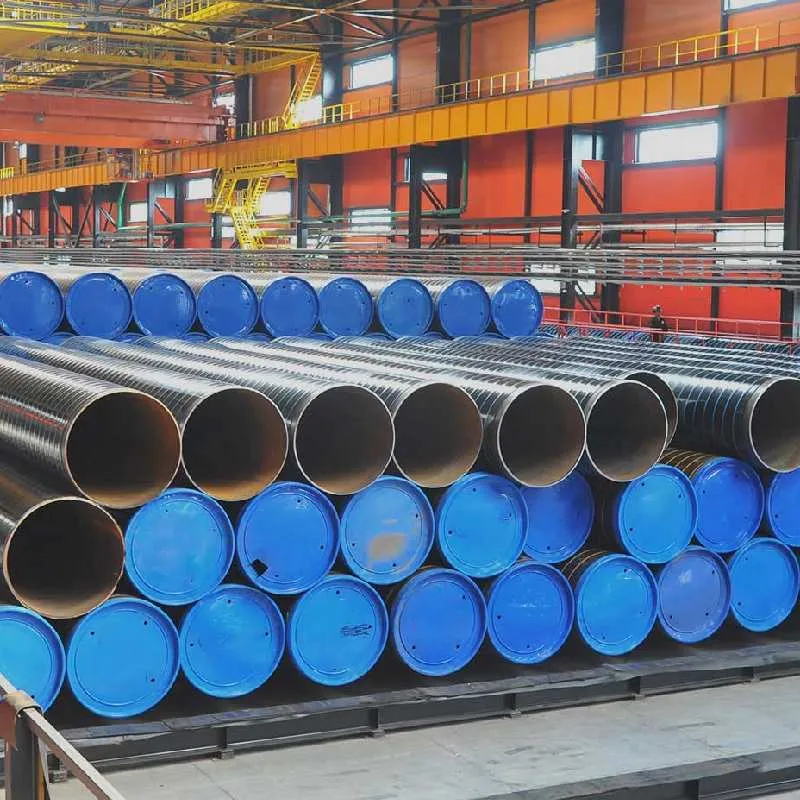-
Cangzhou Yulong Steel Co., Ltd.
-
Phone:
+86 13303177267 -
Email:
admin@ylsteelfittings.com
- English
- Arabic
- Italian
- Spanish
- Portuguese
- German
- kazakh
- Persian
- Greek
- French
- Russian
- Polish
- Thai
- Indonesian
- Vietnamese
- Zulu
- Korean
- Uzbek
- Hindi
- Serbian
- Malay
- Ukrainian
- Gujarati
- Haitian Creole
- hausa
- hawaiian
- Hebrew
- Miao
- Hungarian
- Icelandic
- igbo
- irish
- Japanese
- Javanese
- Kannada
- Khmer
- Rwandese
- Afrikaans
- Albanian
- Amharic
- Armenian
- Azerbaijani
- Basque
- Belarusian
- Bengali
- Bosnian
- Bulgarian
- Catalan
- Cebuano
- China
- China (Taiwan)
- Corsican
- Croatian
- Czech
- Danish
- Esperanto
- Estonian
- Finnish
- Frisian
- Galician
- Georgian
- Kurdish
- Kyrgyz
- Lao
- Latin
- Latvian
- Lithuanian
- Luxembourgish
- Macedonian
- Malgashi
- Malayalam
- Maltese
- Maori
- Marathi
- Mongolian
- Myanmar
- Nepali
- Norwegian
- Norwegian
- Occitan
- Pashto
- Dutch
- Punjabi
- Romanian
- Samoan
- Scottish Gaelic
- Sesotho
- Shona
- Sindhi
- Sinhala
- Slovak
- Slovenian
- Somali
- Sundanese
- Swahili
- Swedish
- Tagalog
- Tajik
- Tamil
- Tatar
- Telugu
- Turkish
- Turkmen
- Urdu
- Uighur
- Welsh
- Bantu
- Yiddish
- Yoruba

Sep . 25, 2024 16:48 Back to list
pipe cap for sale
Exploring the Market for Pipe Caps A Comprehensive Guide
In the vast world of industrial supplies, pipe caps play a crucial role in ensuring the integrity and safety of piping systems. These fittings serve to seal the ends of pipes, preventing contamination, loss of pressure, and other potential issues that could arise from exposure to the environment. As industries continue to expand and diversify, the demand for high-quality pipe caps has surged. This article will explore the different types of pipe caps available on the market, their applications, materials, and tips on purchasing them effectively.
Understanding Pipe Caps
Pipe caps are fittings designed to close the ends of pipes. They come in a variety of shapes and sizes, tailored to meet the specific requirements of different industries such as oil and gas, water treatment, construction, and manufacturing. Their primary purpose is to maintain the pressure within the pipes while protecting against elements that could induce damage, such as dirt, moisture, or other unwanted substances.
Types of Pipe Caps
1. End Caps These are perhaps the most common type, designed to fit snugly over the end of a pipe. They can be easily welded or threaded onto the pipe, ensuring a secure fit.
2. Plug Caps Different from end caps, plug caps are inserted into the pipe rather than placed over it. They are effective for temporary closure, making them valuable for maintenance and inspections.
3. Mechanical Caps These caps use mechanical fasteners to hold them in place and are often employed in high-stress environments where traditional fittings may not provide adequate security.
4. Heat Shrink Caps These offer a unique solution for sealing pipes by using a heat-activated material that shrinks to fit tightly around the pipe when heated.
Materials Used in Pipe Caps
The material composition of pipe caps plays a critical role in their performance and durability. Some of the most common materials include
- PVC (Polyvinyl Chloride) Known for its corrosion resistance and lightweight properties, PVC caps are ideal for low-pressure applications, especially in water piping systems.
pipe cap for sale

- Steel Steel caps, including carbon and stainless steel varieties, are favored for high-pressure and industrial applications due to their strength and resistance to wear and tear.
- Copper Often used in plumbing, copper caps boast excellent conductivity and resistance to corrosion, making them ideal for water supply systems.
- PTFE (Polytetrafluoroethylene) Known for its high chemical resistance, PTFE caps are commonly used in industries dealing with harsh chemicals or extreme temperatures.
Where to Buy Pipe Caps
With the increasing demand for pipe caps, many suppliers are now offering a wide selection of these products. Here are a few tips for purchasing the right pipe caps
1. Identify Your Needs Before making a purchase, it is essential to understand the specifications required for your application, including the size and type of pipe, the pressure rating, and the environment in which the cap will be used.
2. Research Suppliers Look for reputable suppliers with a track record of providing quality piping products. Check customer reviews and seek recommendations from industry contacts.
3. Compare Prices Prices can vary significantly among suppliers. Don’t hesitate to compare quotes from multiple vendors to ensure you’re getting the best deal for high-quality products.
4. Check Certifications Ensure that the pipe caps meet relevant industry standards and certifications. This is especially important for applications in critical industries like oil, gas, and healthcare.
5. Consider Bulk Purchasing If you require a large quantity of pipe caps, consider purchasing in bulk. Many suppliers offer discounts for bulk orders, helping you save money in the long run.
Conclusion
Pipe caps may seem like a small component in the larger scope of industrial applications, but their significance cannot be underestimated. As industries strive for efficiency and safety, the demand for reliable and robust pipe caps continues to grow. By understanding the types, materials, and best purchasing practices, you can ensure that you select the right pipe caps for your needs, contributing to the overall success of your projects. Whether you are a contractor, a project manager, or involved in maintenance, investing in high-quality pipe caps is an essential step in safeguarding your piping systems.
Latest news
-
ANSI 150P SS304 SO FLANGE
NewsFeb.14,2025
-
ASTM A333GR6 STEEL PIPE
NewsJan.20,2025
-
ANSI B16.5 WELDING NECK FLANGE
NewsJan.15,2026
-
ANSI B16.5 SLIP-ON FLANGE
NewsApr.19,2024
-
SABS 1123 FLANGE
NewsJan.15,2025
-
DIN86044 PLATE FLANGE
NewsApr.19,2024
-
DIN2527 BLIND FLANGE
NewsApr.12,2024
-
JIS B2311 Butt-Welding Fittings LR/SR 45°/90° /180°Seamless/Weld
NewsApr.23,2024











